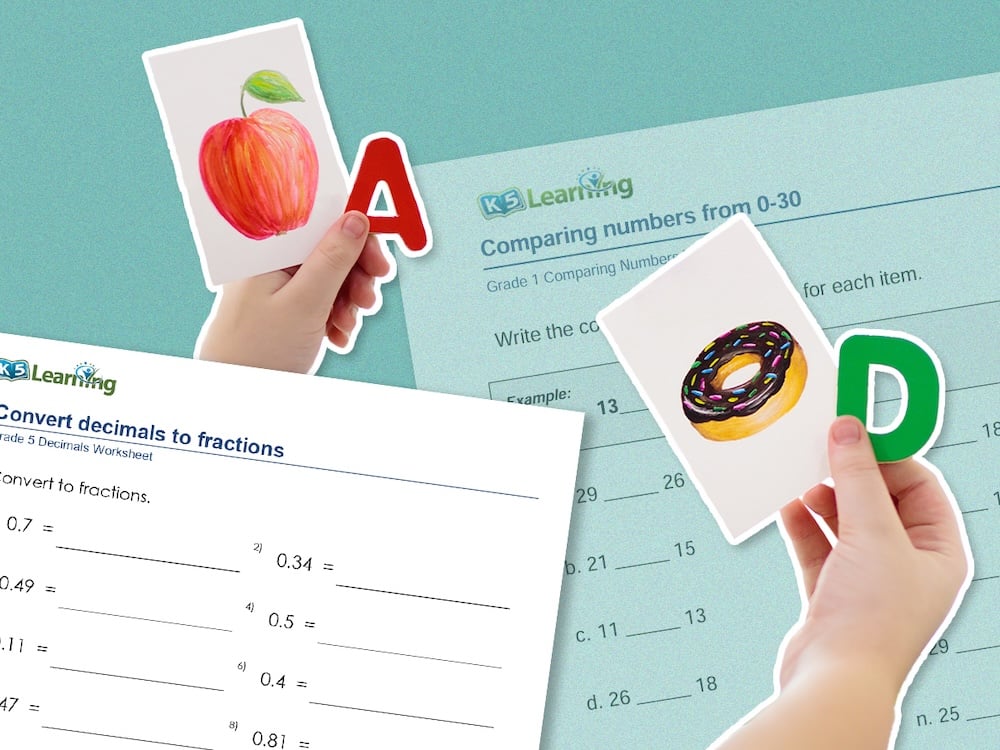Education
Declining Math and Reading Scores in BC: What’s Behind the Trends?

Recent assessments reveal a troubling trend in British Columbia, where student performance in both math and reading has experienced a significant decline. According to data released by the Ministry of Education in early 2023, the average scores in these critical subjects have dropped by over 10% compared to previous years. This decline raises urgent questions about educational strategies and student outcomes in the province.
The provincial assessments conducted in 2022 indicated that only 60% of students in Grade 10 met the expected standards in math, a stark contrast to the 72% achievement rate recorded five years earlier. Similarly, reading scores have seen a noticeable decrease, with 65% of students meeting expectations, down from 78% in 2018. Educators and policymakers are now grappling with the implications of these results, prompting discussions about potential solutions.
Identifying the Causes of Decline
Several factors contribute to the observed drop in student performance. One significant issue is the impact of the COVID-19 pandemic, which disrupted traditional learning environments and forced many students into remote education. According to a report by the British Columbia Teachers’ Federation, the lack of in-person instruction has had lasting effects on student learning, particularly in foundational subjects like math and reading.
Another contributing factor is the increasing emphasis on standardized testing and the pressure it places on teachers and students alike. Critics argue that this focus may lead to a narrow curriculum that prioritizes test preparation over genuine learning experiences. Educators have expressed concerns that the pressure to perform well on assessments can hinder creativity and critical thinking in the classroom.
Moreover, socioeconomic disparities play a crucial role in educational outcomes. Students from lower-income families often face additional challenges that can impede their academic progress. The Ministry of Education has acknowledged these disparities, noting that access to resources, including tutoring and extracurricular programs, significantly influences student success.
Proposed Solutions for Improvement
Addressing the decline in math and reading scores requires a multifaceted approach. One recommendation from educators is to enhance support for teachers through professional development programs focused on effective instructional strategies. Investing in training can equip teachers with the tools they need to engage students and foster a deeper understanding of core subjects.
Additionally, increasing access to tutoring and after-school programs could provide students with the support they need to catch up on missed learning. Programs that focus on individual learning styles and needs can help bridge the gap for those struggling with foundational concepts in math and reading.
Engaging parents and communities in the educational process is another crucial strategy. Schools that foster strong partnerships with families often see improved student outcomes. Encouraging parental involvement in learning activities can create a supportive environment that reinforces classroom instruction.
Finally, reforming standardized testing could alleviate some of the pressure on students and teachers. By incorporating diverse assessment methods that focus on critical thinking and problem-solving, educators can promote a more holistic understanding of student learning.
As British Columbia confronts these challenges, it is clear that collaborative efforts among educators, policymakers, and communities will be essential to reversing the trend of declining math and reading scores. By addressing the root causes and implementing effective solutions, stakeholders can work towards ensuring that all students have the opportunity to succeed academically.
-

 Lifestyle1 month ago
Lifestyle1 month agoWinnipeg Celebrates Culinary Creativity During Le Burger Week 2025
-

 Health2 months ago
Health2 months agoMontreal’s Groupe Marcelle Leads Canadian Cosmetic Industry Growth
-

 Science2 months ago
Science2 months agoMicrosoft Confirms U.S. Law Overrules Canadian Data Sovereignty
-

 Education2 months ago
Education2 months agoRed River College Launches New Programs to Address Industry Needs
-

 Technology2 months ago
Technology2 months agoDragon Ball: Sparking! Zero Launching on Switch and Switch 2 This November
-

 Science2 months ago
Science2 months agoTech Innovator Amandipp Singh Transforms Hiring for Disabled
-

 Technology2 months ago
Technology2 months agoGoogle Pixel 10 Pro Fold Specs Unveiled Ahead of Launch
-

 Science2 months ago
Science2 months agoChina’s Wukong Spacesuit Sets New Standard for AI in Space
-

 Technology2 months ago
Technology2 months agoWorld of Warcraft Players Buzz Over 19-Quest Bee Challenge
-

 Science2 months ago
Science2 months agoXi Labs Innovates with New AI Operating System Set for 2025 Launch
-

 Business2 months ago
Business2 months agoDawson City Residents Rally Around Buy Canadian Movement
-

 Business2 months ago
Business2 months agoNew Estimates Reveal ChatGPT-5 Energy Use Could Soar
-

 Technology2 months ago
Technology2 months agoFuture Entertainment Launches DDoD with Gameplay Trailer Showcase
-

 Technology2 months ago
Technology2 months agoInnovative 140W GaN Travel Adapter Combines Power and Convenience
-

 Technology2 months ago
Technology2 months agoGlobal Launch of Ragnarok M: Classic Set for September 3, 2025
-

 Education2 months ago
Education2 months agoAlberta Teachers’ Strike: Potential Impacts on Students and Families
-

 Technology2 months ago
Technology2 months agoNew IDR01 Smart Ring Offers Advanced Sports Tracking for $169
-

 Technology2 months ago
Technology2 months agoArsanesia Unveils Smith’s Chronicles with Steam Page and Trailer
-

 Technology2 months ago
Technology2 months agoHumanoid Robots Compete in Hilarious Debut Games in Beijing
-

 Science2 months ago
Science2 months agoNew Precision Approach to Treating Depression Tailors Care to Patients
-

 Health2 months ago
Health2 months agoGiant Boba and Unique Treats Take Center Stage at Ottawa’s Newest Bubble Tea Shop
-

 Technology2 months ago
Technology2 months agoQuoted Tech Launches Back-to-School Discounts on PCs
-

 Business2 months ago
Business2 months agoBNA Brewing to Open New Bowling Alley in Downtown Penticton
-

 Technology2 months ago
Technology2 months agoDiscover the Relaxing Charm of Tiny Bookshop: A Cozy Gaming Escape










